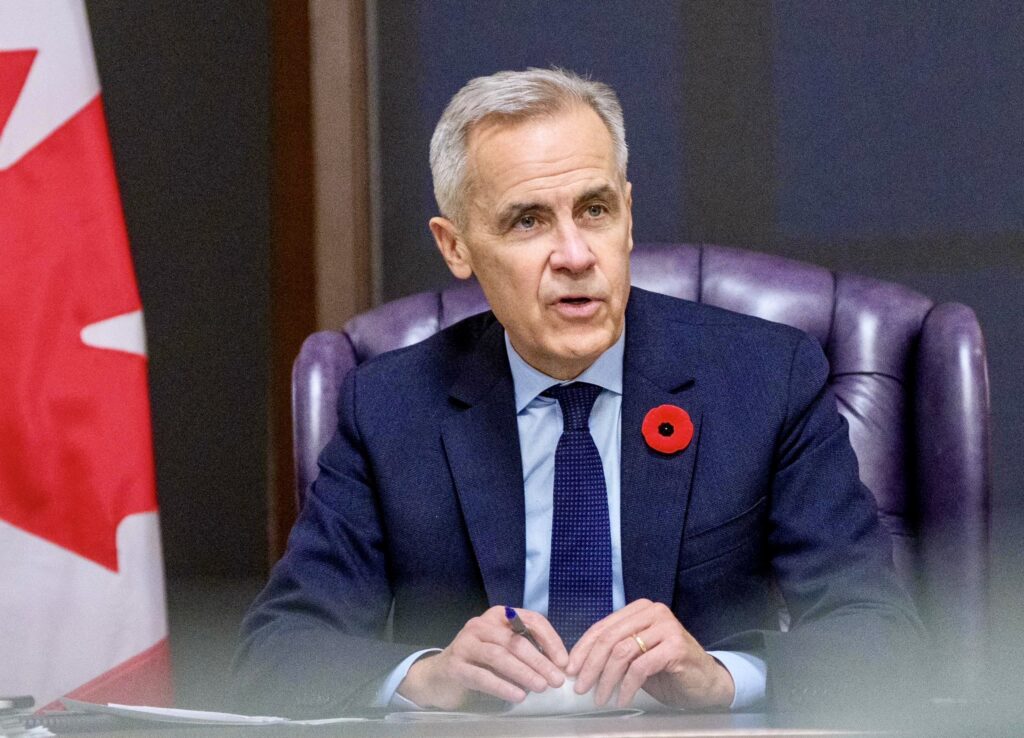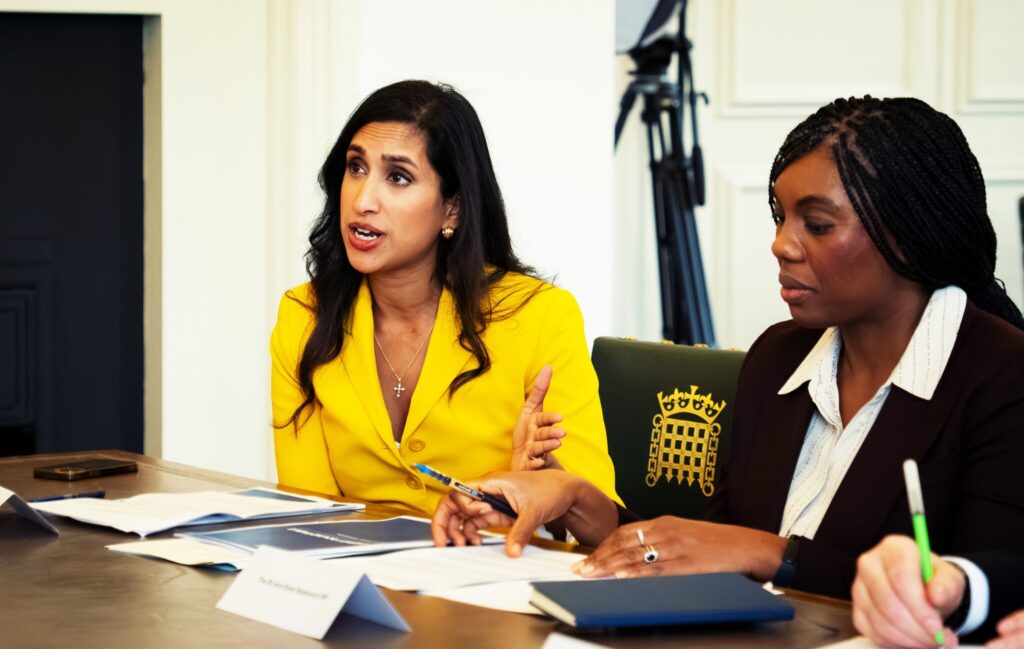Just over a month ago, I was invited to speak on a panel about climate change, taking place at Newcastle University’s student union. The event was being hosted by Tortoise Media, a journalism start-up that was founded by James Harding, BBC’s former director of news, and launched in 2019. Tortoise’s purpose, to which its animal namesake alludes, is to produce “slow news”.
I followed the link to the Eventbrite page, and was surprised to see BP’s logo emblazoned across the banner. The subject of the debate was: “Whose job is it to fight climate change?”. I looked at the other speakers billed to attend. Two of them were from BP: Rishi Dorai, a carbon management analyst, and Jo Alexander, a purpose engagement manager and chartered geologist.
The email I received had described the event, which Tortoise has branded as a ThinkIn, as “BP-partnered”. In other words, it was sponsored by an oil company. It also had, in bold type, the assurance that “our independence is non-negotiable”.
It’s difficult to be idealistic about the relationship between fossil fuel companies and news outlets; media organisations often take money from fossil fuel companies in the form of advertising (the Guardian became the first to officially disavow this income in January this year). Nor should fossil fuel companies be excluded from discussions of climate change altogether – they have an important role to play in keeping temperature rise below the globally agreed limit of 1.5C. But, in my mind, the relationship that Tortoise had established with BP seemed a step too far. I wasn’t alone: campaigners, too, have described it as “uncomfortable”.
Like what you’re reading? Make a donation to DeSmog today!
Having BP both sponsor the event and dominate the panel was problematic, despite Tortoise’s assurances that the event would be independent. BP had been handed the microphone, not because it had earned it, but because it had paid for the privilege.
Tortoise may claim that the financial arrangement doesn’t guarantee any favourable coverage, yet, whenever money changes hands, there is an implicit threat to impartiality and self-censorship, where difficult questions may be ignored because they risk offending the funder. Furthermore, BP was being given access to students – who may not ordinarily relish a visit from an oil major – under the branding of a start-up media organisation.
Puzzled by this approach, I spoke on the phone to Tortoise’s events manager, who had sent me the invitation. She said that Tortoise had established a number of founding partnerships with organisations, including BP, and that the idea for a tour had come from the oil company itself.
“BP wants to do this tour…They want to do it in partnership with us and provide a speaker,” the events manager told me, when I questioned BP’s relationship with Tortoise, and whether the platform given to the oil company was a condition of its funding. “For them, they want to partner with us because they want to host these talks, they want to get out there. Obviously, greenwashing being the topic it is, and having such an important place in the climate activism debate, it does raise questions for many people, so I do understand where you’re coming from.”
But, she reassured me, the panel’s chair, Giles Whittell, would ensure the event’s independence. After speaking to Tortoise’s events manager, I put in a formal request to speak to Whittell, world affairs editor at Tortoise and former chief leader writer at the Times, to discuss Tortoise’s relationship with BP for this article. Despite multiple assurances that he would call, he never did.
The other justification offered was that hosting BP was a positive contribution to the debate around climate change. “If we do want to create change, Big Oil, like it or not, does have to be involved in that, and they do need to be engaged. Obviously, they already have created a terrible rep for themselves, and we are not in any way defending that at all, but it’s just we’re providing this opportunity for everyone to have their say,” the events manager told me.
BP didn’t respond to DeSmog’s request to comment for this article.
Tortoise’s founder James Harding has also posted a recording where he justifies Tortoise’s relationship with BP. He says: “I, and as far as I know, everyone I work with, still travels by car, train and plane. I heat my home, read by electric light, refrigerate my food. And, perhaps more importantly, I believe that hundreds of millions of people around the world, now living in poverty, have a reasonable expectation of the same. I know this is going to take more energy, not less.”
“So I don’t want to be a hypocrite, to banish energy companies while living off them. And nor do I want to apply double standards to what prosperity means for me versus others, the west versus the rest. These companies, BP included, really need to change, and much faster and more meaningfully than they’re doing. It strikes me that they’re less, not more, likely to do that if they are given pariah status.”
Many people disagree with that view. The event in Newcastle was ultimately moved off campus after pressure from the student group People and Planet Newcastle, and the line-up of speakers changed to include an Extinction Rebellion Activist in place of one of the BP representatives, though BP’s Jo Alexander remained as a speaker. (It was ultimately cancelled due to coronavirus.)
However, this was just one of a series of events that Tortoise has held in partnership with BP around the country. Another event, held in October in London, looked at the question: “Should we stop using fossil fuels altogether?” It featured a BP representative alongside the former leader of the Green Party, Natalie Bennett. Primer notes intended to inform the debate, handed out to participants, are branded with both Tortoise and BP logos. Other events, held in Glasgow and London, were disrupted by student activists, accusing BP of “greenwashing” their reputation.
Most of Tortoise’s content is only visible to members, and all BP employees are given access to the site. While the outlet promises that BP’s sponsorship will not guarantee any favourable coverage, it’s worth noting that the write-ups of the events have hardly been critical. An article written by Giles Whittell in December likens BP’s UK chief, Peter Mather, to the UN Secretary-General speaking at the UN’s climate conference, COP25.
Read more — Revealed: How BP Puts its Branding in Local Schools While Cutting North Sea Jobs
The fact that Tortoise frames its ThinkIns as “a forum for civilised disagreement” sits uneasily with Chris Garrard, co-director of Culture Unstained, a group that campaigns on fossil fuel sponsorship of culture. “That dynamic is a problem, because what BP’s doing is at odds with the climate science,” says Garrard. “We can’t have a friendly disagreement about that. It’s scientific fact and we have to proceed from that place, not what BP thinks is best for its bottom line.”
He adds: “BP knows it has an image problem. I think if BP were to show up to Newcastle University on its own to do a talk, students just wouldn’t have it. They’re using this platform with Tortoise to still get into those spaces and have some kind of influence.”
The move off-campus suggests that students may already be more attuned to the smell of greenwashing than Tortoise had accounted for. But there’s no denying that the organisation continues to attract high profile speakers – and a lot of money – both for its climate coverage and beyond. The website gained nearly 20,000 members within its first six months, while media analyst Emily Bell calculated that it must have around £30 million in its war chest to fund its initial ambitions. Upcoming digital events (online because of coronavirus) are set to feature the Labour MP Jess Phillips and journalist Hadley Freeman.
In other words, in a world where journalist start-ups often falter, Tortoise appears to be thriving. As a journalist myself, that’s heartening to see. But as a climate change journalist, it is disappointing that some of this success appears to have come in exchange for access and potentially at the expense of impartiality. One of the media’s most important tasks today is to cover the climate crisis with integrity and depth. That won’t happen as long as journalists are in BP’s pockets.
Subscribe to our newsletter
Stay up to date with DeSmog news and alerts






